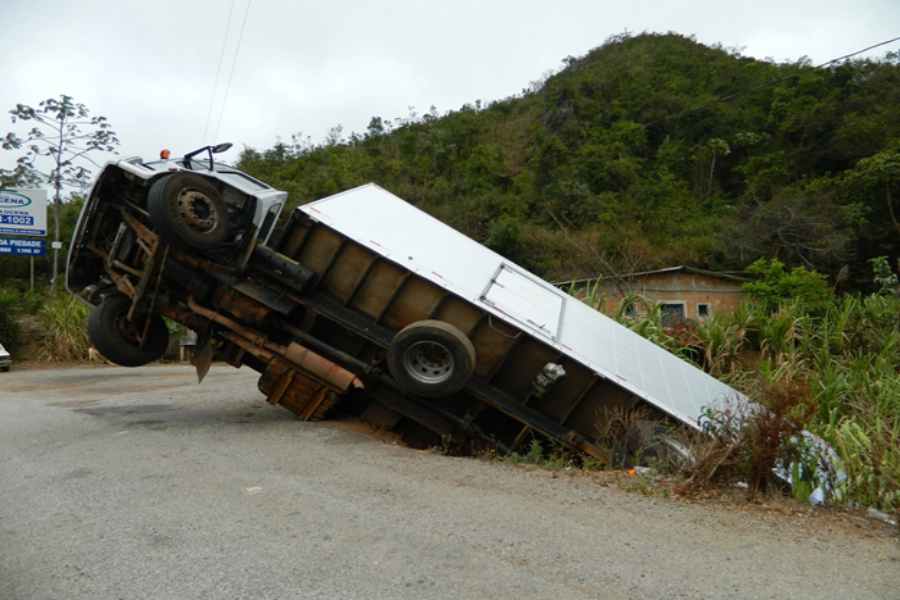Truck accidents can cause devastating injuries, extensive vehicle damage, and significant financial strain. Given the size and weight of commercial trucks, these accidents often result in long-term consequences for victims. Filing a truck accident claim is essential to securing compensation, but the process can be complex. Insurance companies and trucking corporations employ legal teams trained to minimize payouts, making it critical for victims to take strategic steps to build a strong case.
Understanding the right approach to documentation, negotiation, and legal representation will significantly impact the outcome of a claim. A well-prepared case ensures that accident victims receive fair compensation for medical expenses, lost wages, and emotional distress. Taking proactive measures, seeking professional legal assistance, and knowing what to expect from the claims process are vital to achieving a successful outcome.
Recognizing the Complexities of Truck Accident Claims
Unlike standard car accident claims, truck accident cases involve multiple parties, strict industry regulations, and extensive investigations. Liability in these accidents can extend beyond just the driver to include the trucking company, maintenance providers, vehicle manufacturers, and even third-party contractors responsible for cargo loading. Determining fault requires an in-depth understanding of federal trucking laws, safety protocols, and accident reconstruction.
Trucking companies operate under federal regulations established by the Federal Motor Carrier Safety Administration (FMCSA), which outlines safety standards for drivers, vehicle maintenance, and cargo limits. A violation of these regulations, such as driver fatigue due to excessive work hours or improper vehicle maintenance, can directly impact liability and strengthen a victim’s claim. Since trucking companies carry high-limit insurance policies, insurers often fight aggressively to reduce settlements, making it essential to have an effective legal strategy.
Seeking Immediate Medical Attention and Keeping Detailed Records
Following a truck accident, immediate medical evaluation is necessary, even if injuries appear minor. Some conditions, such as internal injuries or concussions, may not show symptoms right away. Delaying treatment can not only worsen health complications but also weaken a claim, as insurers may argue that injuries were not severe or were unrelated to the accident.
Medical documentation plays a crucial role in determining the severity of injuries and the associated treatment costs. Keeping records of emergency room visits, follow-up appointments, prescriptions, and rehabilitation treatments strengthens the claim. And, maintaining a personal injury journal that tracks pain levels, recovery progress, and emotional distress can provide further evidence of the accident’s long-term impact.
Preserving Evidence to Strengthen the Claim
The strength of a truck accident claim heavily relies on the quality of evidence collected at the scene. If possible, documenting the accident by taking photographs of vehicle damage, road conditions, skid marks, and traffic signals is beneficial. Witness statements can provide additional perspectives, making it essential to obtain contact details from anyone who saw the crash.
The official police report serves as an authoritative record of the accident and should be acquired as soon as possible. In some cases, traffic cameras or nearby surveillance footage may have captured the incident. Working with an attorney ensures access to essential records, including truck driver logs, vehicle maintenance reports, and black box data, all of which can help establish fault.
Determining Liability and Holding the Right Parties Accountable
A thorough investigation is required to determine liability in truck accidents. Several factors may contribute to these collisions, including driver fatigue, distracted driving, mechanical failure, overloaded cargo, and poor vehicle maintenance. Establishing negligence requires analyzing multiple aspects of the crash, from reviewing electronic logging devices that track driver hours to examining truck maintenance reports. A Charlottesville commercial truck accident lawyer can assess all potentially liable parties, ensuring that claims are filed against the appropriate entities. Holding trucking companies accountable for regulatory violations or negligent hiring practices helps victims improve their chances of receiving just compensation.
Avoiding Common Mistakes That Can Undermine a Claim
Truck accident victims often make errors that reduce their chances of securing a favorable settlement. Admitting fault or apologizing at the accident scene, even unintentionally, can be used against them in negotiations. Speaking to insurance adjusters without legal guidance may also result in statements that insurers can later manipulate to reduce compensation.
Accepting an early settlement offer can be another mistake, as initial offers are often much lower than what victims actually deserve. Once a settlement is accepted, further claims for additional medical expenses or lost wages cannot be made. Also, sharing details about the accident on social media can be detrimental, as insurers may use these posts to challenge the severity of injuries or shift liability.
Truck accidents can have life-altering consequences, making it critical to take the right steps when filing a claim. By understanding the complexities of these cases, seeking medical attention, preserving evidence, and working with a skilled attorney, victims can maximize their compensation. Holding negligent parties accountable not only ensures a fair settlement but also promotes safer practices within the trucking industry.
Taking swift action after a truck accident can make a significant difference in securing the financial support needed for recovery. Proper legal guidance provides victims with the best chance of rebuilding their lives and moving forward after such a traumatic event.


